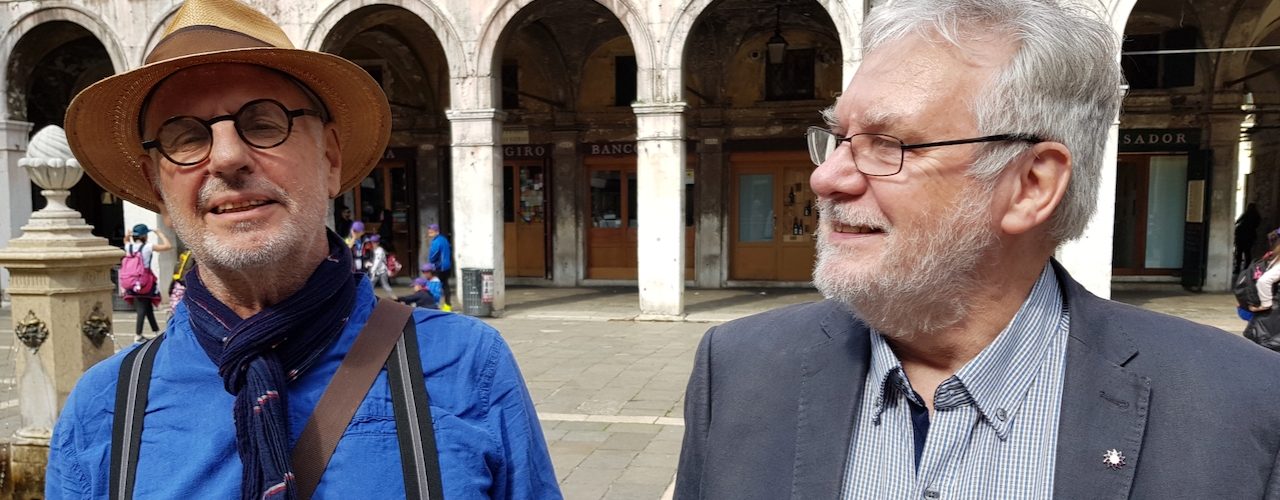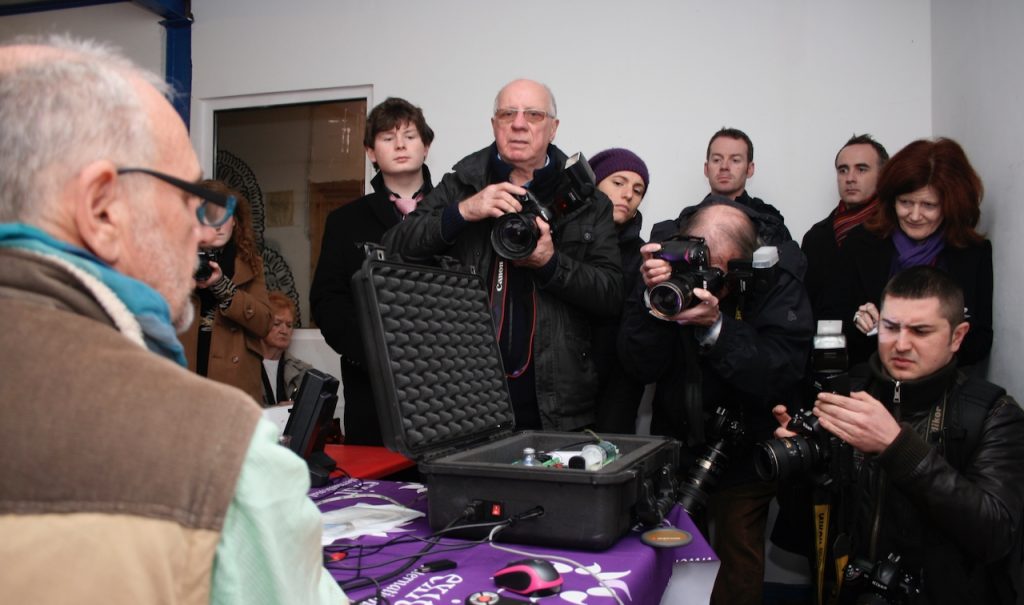Supreme Court told legislation to allow assisted suicide for terminally ill need not pose risk to others

RTE 27 February 2013
Marie Fleming is appealing a High Court ruling that relaxing the ban on assisted suicide could put vulnerable people at risk
The Supreme Court has been told it would be possible to design legislation to allow the terminally ill to end their lives with assistance without a risk to others.
The submission was made by lawyers for Marie Fleming, a 59-year-old Wicklow woman with multiple sclerosis, who needs help to end her life.
Ms Fleming is appealing a decision of the High Court which ruled against her landmark challenge to the ban on assisted suicide.
Last month the High Court ruled any relaxation of the absolute ban could put other vulnerable people at risk.
Senior Counsel for Ms Fleming Brian Murray told the court it may be legitimate Government policy to discourage people from choosing death over life.
However, it was not a proper basis for telling people what decision they can make about their lives.
Without proof of actual risk to others there was insufficient justification for impairing the constitutional rights of Ms Fleming, he said.
There was a class of persons who should be allowed to execute their decision and the fact that others might break the law was not constitutionally good enough, he said.
Ms Fleming was being severely adversely affected in order to create some benchmark to prevent others breaking the law.
It would be possible to design legislation to cater for someone in her position without the risk of involuntary death of others, he added.
Ms Fleming is seeking a declaration that section 2.2 of the Criminal Law Suicide Act is invalid under the Constitution and is incompatible with the European Convention on Human Rights as it breaches her rights, including the right of autonomy and to self determination.
Lawyers for the Human Rights Commission said the High Court showed great sympathy and respect for Ms Fleming in its judgment but did not successfully carry out the proportionality test in relation to the legislation.
Senior Counsel Frank Callanan said the Human Rights Commission was not advocating a general right to commit suicide but said in the specific case of Ms Fleming and others like her there could be a right, subject to certain regulation and restraints.
Under sustained questioning from a number of judges of the Supreme Court about whether or not he was asserting there was a general Constitutional right to commit suicide, Mr Callanan said it was not necessary to establish this for the court to deal with the rights of Ms Fleming.
However, a number of judges said in order to consider the proportionality of the effect of legislation on a right it must be first established that such a right existed.
He agreed the right arose under the legislation which decriminalised suicide and was a statutory right rather than a Constitutional one.
A remarkable feature of the High Court judgment was the court expressing itself in unqualified terms that no tailored regime was possible, he said.
In decriminalising suicide and enacting a complete ban on assisting suicide in all cases, the Oireachtas had an obligation to consider the different impact on certain persons such as Ms Fleming.
It was down to a question of whether this disparity of effect could be justified, he added.






